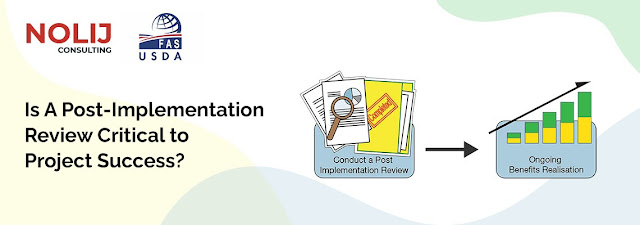Paving The Way For Your Enterprise's Transformation
The term “enterprise architecture (EA)" is used to describe the integration of a company's
information technology, its business processes and its organizational
structure.
EA lifecycle support services are often created because there is an opportunity for a company to optimize its operations. This optimization might be at the expense of another organization or process. EAs are often created to increase efficiencies and reduce costs.
An EA is not a one-time project. It reflects a future state that can be achieved through many incremental changes over time. It should also include risk management, project portfolio management and performance measurement as well as strategies for managing innovation and change.
What Does Enterprise Architecture Entail?
Enterprise Architecture is the process of developing a framework for the organization. It includes the IT and business systems that are to be developed and deployed both now and in the future.
The enterprise architect is responsible for designing, documenting, communicating, maintaining, and governing an enterprise's information architecture. The enterprise architect will work with other organizations to ensure that their architectures are compatible with those of other companies. They also work on integrating new technologies into existing systems as well as ensuring that updates are done on all architectures so they can continue to meet industry standards.
The Importance of
Enterprise Architecture for Your Business
In today's digital age, the internet has opened up many opportunities for new types of businesses and companies to emerge. This means that today’s business model is no longer just about owning a shop on the high street; it can also include being an online-only company.
The reason why we see more and more companies going online is that it enables them to reach a global audience - potential customers from all over the world can find out about your products and services in just a few clicks. However, there are many other reasons for considering an enterprise architecture as well.
Better insights into your data. To be able to sell your product or service, you need to know what they want and how you can help them improve their lives.
Advantages of an EA Strategy for a Successful Business
A strategy to market the business more efficient, companies may always have a hard time getting the word out about their brand. The traditional marketing methods may be time-consuming and expensive, such as TV ads or billboards. This is where an EA strategy comes in handy. An EA strategy can be defined as an effort to market a company’s products or services by using one or more programs that optimize business outcomes with minimal input from a human being. It can leverage data analysis, digital platforms, and automation to deliver measurable marketing outcomes at low cost with low human involvement.
Advantages of an EA Strategy for a Successful Business:
- It decreases the costs of business, increases
revenue and greatly improves operational efficiency. This strategy has
been proven to be successful for a variety of industries and companies.
- The strategy maximizes efficiency with minimal
input from people
- It uses data analysis, digital platforms, and
automation to deliver measurable marketing outcomes.




Comments
Post a Comment